Getting to Svalbard
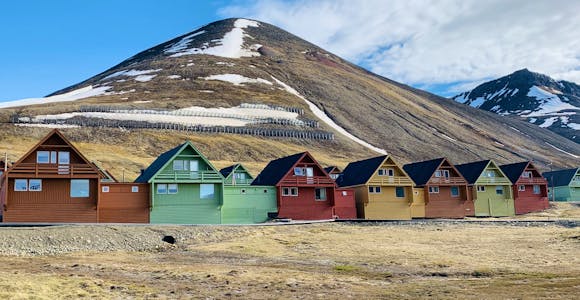
Your journey to the Norwegian Arctic is a big part of the adventure. With this helpful guide, you can embark on your trip with confidence.
Discover MoreSpecial Offers Available: Swoop has access to the widest range of offers and can help you find the right trip, cabin, & price.
Expert impartial advice at no extra cost: no-nonsense advice on 500 voyages across 25 ships
The Arctic Experts. No Compromises: there’s no question we can’t answer
A full concierge service, unlike booking direct: we leave nothing to chance in delivering your perfect trip
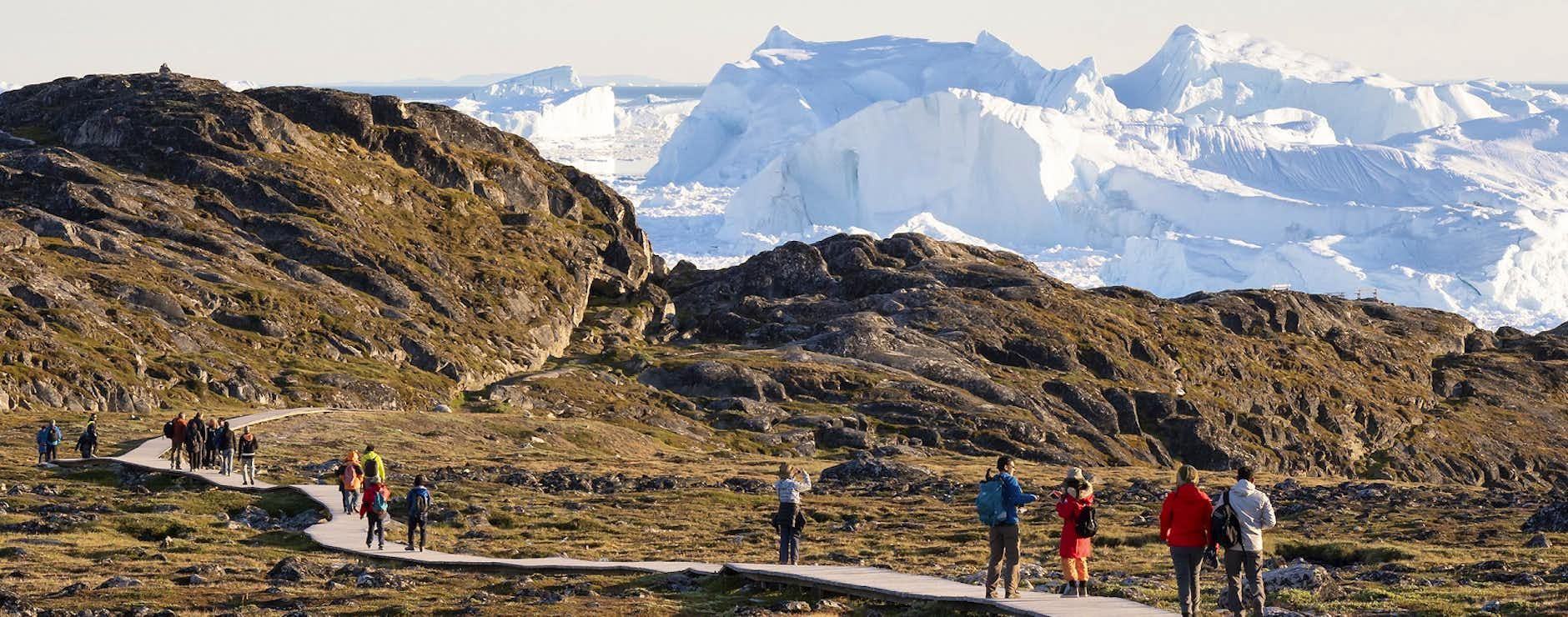
For many, visiting the high Arctic is the trip of a lifetime, so it's important to make sure you are fully prepared for your time exploring the edge of the habitable world. Discover everything you need to know from staying healthy and physically preparing to our top tips on what to do if you're passing through Longyearbyen.
If you are passing through Longyearbyen during your Arctic adventure, you may be surprised that despite its small size, the world's northernmost settlement has a veritable feast of experiences to enjoy.
The Arctic may be one of the most remote places on the planet, but help is still on hand if you need it. A little preparation can also go a long way to ensure you stay fit and healthy during your trip, and are able to enjoy everything the Arctic has to offer.
Watch your ship navigate the pack ice
Spectacular views from the deck of your ship
Cruising off the coast of Spitsbergen
There is a qualified English-speaking doctor aboard all vessels who is available to help with any minor ailments, seasickness or other issues. However, the onboard medical equipment is limited. Any passengers taking regular medication must bring their own supplies.
In the event of a serious medical emergency, the captain and expedition leader will decide on the best course of action.
Seasickness
Seasickness can be a real problem for some. Whether it takes you one day or five to get your sea legs, a few quick tips can help the journey pass more smoothly.
We recommend drinking lots of water and eating small amounts regularly. There are some good anti-seasickness remedies that can really help, including tablets, patches and wristbands. Be aware that some brands of anti-seasickness tablets can make you feel very drowsy. Different people react in different ways, so it's worth taking time to do your research.
To prevent seasickness, our recommendations are:
Other less scientific approaches that we’ve heard along the way include not showering for the first two days (based on the principle that it’s not good to be without an outside view) and mixing your ginger with brandy.
While being fit isn’t a prerequisite to travelling to the Arctic, being in good enough shape to get the most out of the daily excursions will increase your overall enjoyment of the trip.
Being able to get on and off the rubber zodiac boats is crucial. A crew member will always help you get into and out of the zodiac, with a 'sailor’s grip' on your arm to provide stability. You must ensure that you have your hands free, so stow all cameras and walking poles. You can take them out against once you are securely seated. You will need to be flexible enough to take a deep step into the zodiac and for wet beach landings, you will need to swing your leg over the side of the zodiac and step down into the water. This becomes second nature after a few landings.
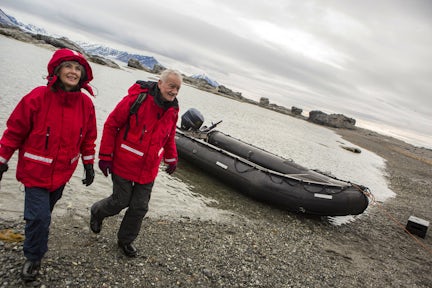

Your journey to the Norwegian Arctic is a big part of the adventure. With this helpful guide, you can embark on your trip with confidence.
Discover More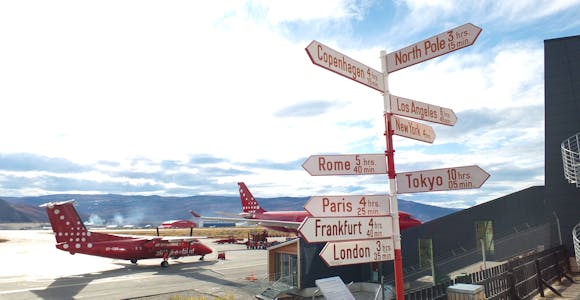
When returning home from the Arctic, there may be some requirements that you need to be aware of. Please take some time to familiarise yourself with these.
Discover More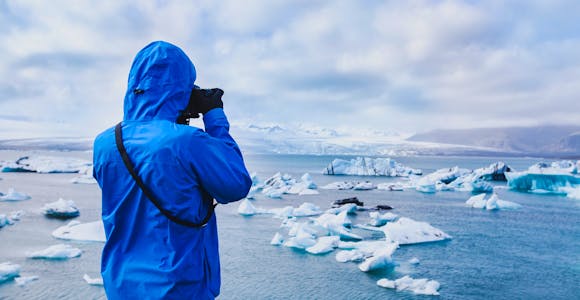
It's important that you have everything you need before you set off for the Arctic. Read our advice on what to pack in order to be fully prepared for your adventure.
Discover More